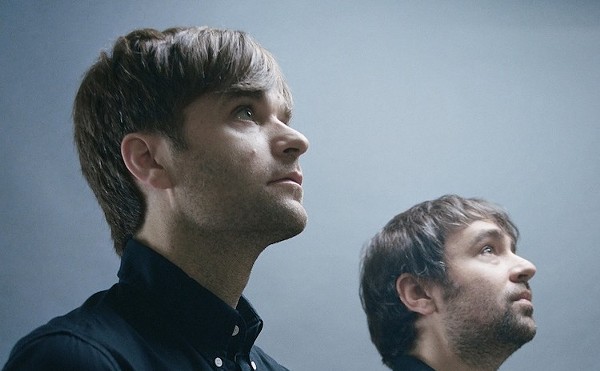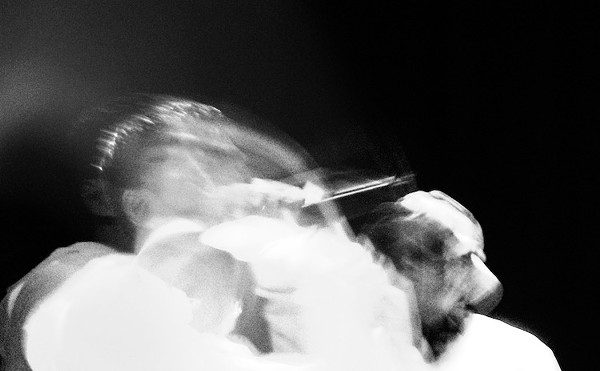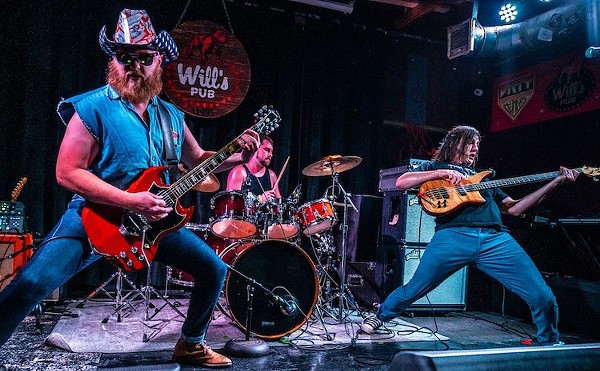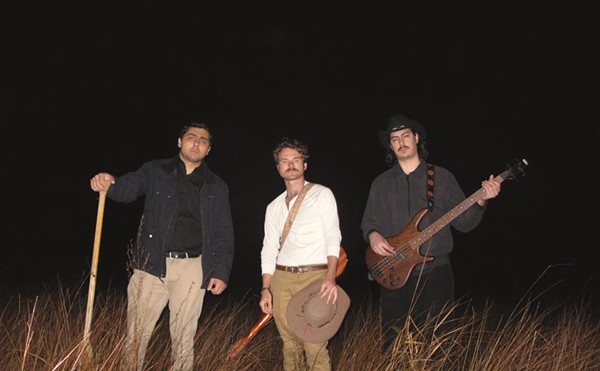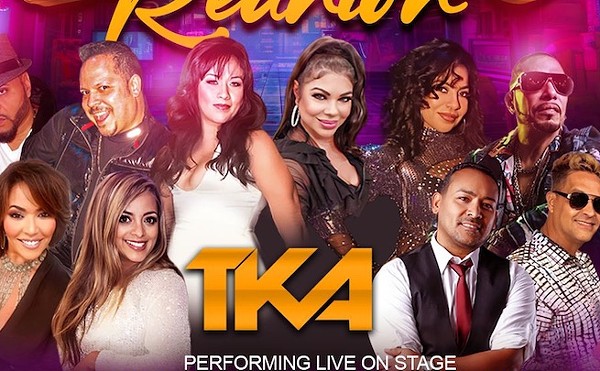Dub reggae may be one of music's last frontiers. While the genres it has influenced such as techno, ambient and drum & bass have gone on to reach much wider audiences, dub remains a mostly uncommercialized, electronic-oriented cousin of more popular roots and dancehall styles of reggae. Neil Fraser, better known in the dub world as the Mad Professor, sees it as the foundation for much of today's dance-club music. "I describe it as the world's first techno music," says Fraser. "It's a music where the engineer is the center point in the track. The first techno music."
Dub is rooted in the Jamaican sound systems that flourished in the '50s. Sound systems were huge echo-and-reverb drenched speakers mounted on the backs of trucks that were driven to parties where American soul and R&B were in vogue. "You've got to remember, reggae is basically from soul music," says Fraser. "If you leap from '60s soul, then you can easily find the origin of reggae. Luckily I grew up in that era, so it's all still fresh in my head."
Hooking up with a sound-system posse was a welcome alternative to working in the sugar-cane fields, and a Jamaican teen-ager named Lee Perry soon ingratiated himself into Clement "Coxsone" Dodd's organization. The sound-system groups were highly competitive, since soul and R&B records were rare, so there was a lot of competition and "rude boy" thuggery to contend with.
The need for cutting-edge material eventually led to expanding the sound-system approach into recording efforts. Perry gained a nickname that stuck when he cut his first vocal track, "Chicken Scratch." But his skills were mainly -- and most effectively -- put to use as a producer for other artists, and eventually he injected African rhythms and spiritual vibrations into his studio creations. By 1969, Lee "Scratch" Perry had hooked up Bob Marley, Peter Tosh and Bunny Wailer with a crack rhythm section, and a musical dynasty was born. From 1969 to 1972, producer Perry would play a major role in the development of the Wailers' sound.
That collaboration burned brilliantly but briefly. Perry continued to work with other artists and turned out hit reggae singles by the truckload. By the mid-'70s he was almost exclusively interested in the engineering aspects of recording and, along with the late, legendary producer King Tubby, he began to lay the foundation for reggae's next step. "He is the godfather," says Fraser of King Tubby. "He is the man who really put a lot of things together."
They had set the stage for a new form of expression: remixing. Through an arcane, elaborate process the two engineers set about dropping out the vocals and pumping up the bass lines in their recorded work. Using primitive recorders, they separated and recombined layer upon layer of instrumental, rhythm and vocal tracks, often treating them with echo and reverb, the way they did with the sound systems. Then they began adding special effects for an even more dopamine-drenched atmosphere. Dub reggae was born.
It was around this time that Fraser's interest in electronics piqued in his native Guyana. He began to build his own studio. "A lot of [that] equipment I still use up until now. I was basically an electronic technician. And I hadn't much money and I wanted to build a studio. So I had no choice but to build equipment."
Fraser's electronics jones led to his Mad Professor moniker, a name that followed him across the Atlantic when his family migrated to London. He was soon recording acts and starting his own label, Ariwa. Meanwhile, Perry had burned down his Black Ark recording studio in a fit of madness and began to travel. A friend brought him to Fraser's studio and the two began an on-and-off partnership. "We kept on working," says Fraser. "He did some tracks for me and we did an album together. Y'know, the whole thing mushroomed. Yeah, man."
; ;But it is only recently that their contributions have been recognized. Perry -- name-checked by the Beastie Boys almost as much as the Dalai Lama -- influenced the dub stances of the Clash that helped spur the ska movement of the early '80s. Fraser released more than 100 records through Ariwa and was highly influential in the ambient and drum & bass movements of this decade.
But while Fraser continues to see dub as the foundation for all he does and injects activist and spiritual themes in his music -- which he calls "dubtronic" -- he sees no boundaries to his future endeavors. And no master plan. "I'm just making what I feel inside really," he says. "It depends on the mood. It's not a static scenario. Ask me something about what I'm trying to express now, and it definitely won't be the same thing that I'm trying to express tomorrow."




